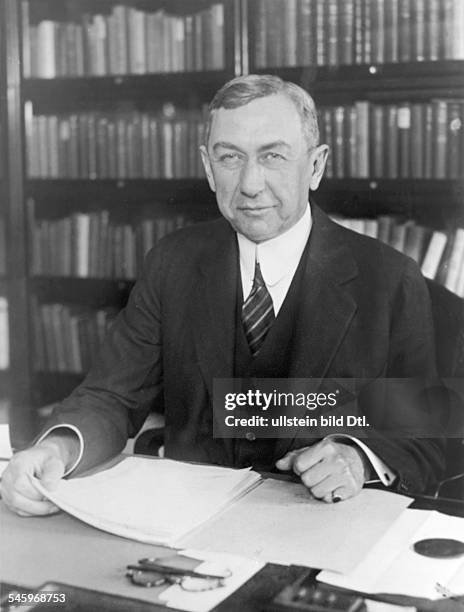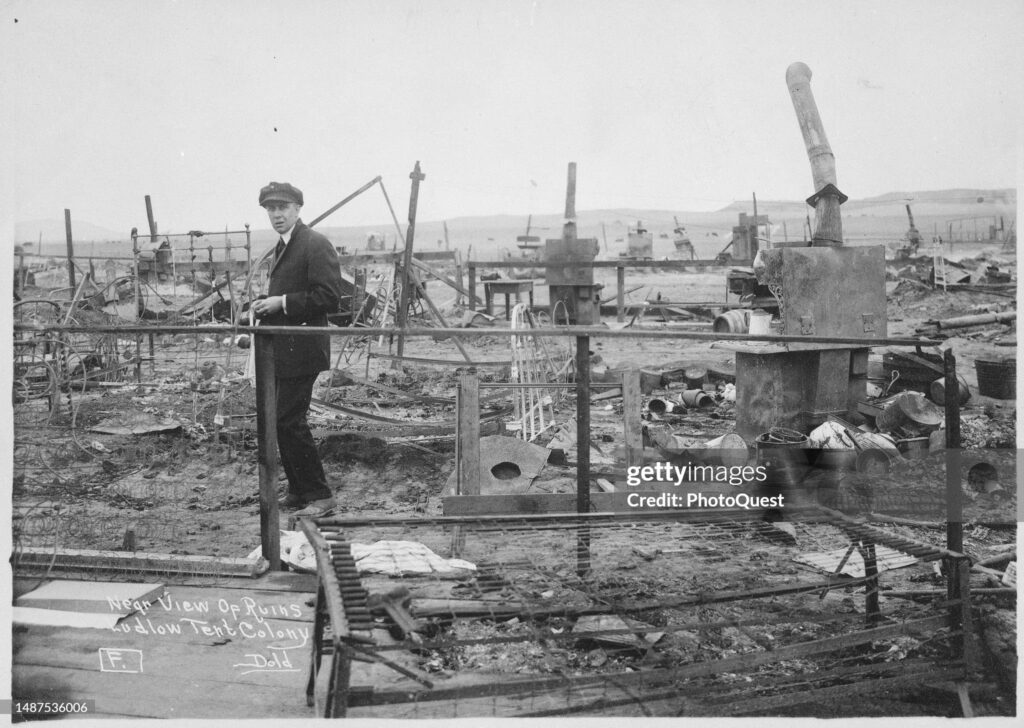Ivy Ledbetter Lee’s Influence On Public Relations
Ivy Ledbetter Lee (1877–1934) is known for his influential work in shaping the perception of public relations as well as standards in the career itself (Meade, 2020). Lee’s work in public relations is still highly regarded and used in the profession today.
“It was the creation of ethical crisis management practices is his most important contribution. This is all the more remarkable considering that in Lee’s era, the early 1900’s, companies would most likely hide an incident from the press, or even lie about it entirely,” said Shelley Spector, the co-founder of the Museum of Public Relations (Meade, 2020).
Lee’s “Declaration of Principles” published in 1905 discusses the foundation of his approach. Lee’s beliefs revolve around the idea that the public should be told truthful and credible information concerning public institutions and businesses (Georgia Historical Society, 2020). The document was groundbreaking for a shift in corporate communications. Lee was a strong advocate for openness and providing honest information to the public and media. This time period was known as the Seedbed Era, where a lot of early developments in public relations were made in terms of developing new strategies and techniques for companies to use (Moore, 2024, What is Public Relations and How Has it Evolved?). During this time corporations prioritized profit over the public’s perception, and Lee wanted to use his “Declaration of Principles” to gain public trust.

Lee’s Impact on Crisis Management and John D. Rockefeller
Season 3, episode 1 of the Drilled podcast discusses how there was a lot of unknown, behind-the-scenes, effort put into the image of John D. Rockefeller and his company. It had been uncovered through one of the first muckrakers of the time, Ida Tarbell, that Rockefeller had essentially scammed his way into an empire. He had controlled everything about oil at the time, and Tarbell exposed him for using bribe and blackmail instead of honest work to make his way to the top, and the public was outraged (Westervelt, 2020, 12:00). The Rockefeller family had a hard time escaping bad press over the next few years.

The Ludlow Massacre occured on Monday April 20, 1914, at the mines of the Rockefeller owned Colorado Fuel and Iron Company (PBS). The mineworkers were on strike for the conditions they worked in as well as the wages, when they were attacked by a state militia that murdered many including 11 children and two women. The attack approved by Rockefeller who didn’t admit to a massacre (PBS).
Rockefeller was desperate for good PR and hired Ivy Ledbetter Lee. Lee was initially hired to help clean up the aftermath of the Ludlow Massacre but did such an amazing job that he remained employed by Rockefeller for the rest of his life (Westervelt, 2020, 15:00). Lee coached Rockefeller on how to behave and talk in public to make people like him more. Lee’s crisis management skills resulted in Rockefeller being remembered as a philanthropist and impressive businessman, not a murderer and cheat.
Lee did whatever he could to turn the focus away from a company’s bad choices, including corporate philanthropy as a PR move (Westervelt, 2020, 16:30). Lee portrayed Rockefeller as a concerned employer and crafted the narrative in Rockefeller’s favor. The core principles that Lee brought to the world of public relations have truly been a huge influence on the way the industry works today. Proactively engaging with the public and maintaining transparency being two huge principles in regards to crisis management and media relations today.
Key Words/tags
Public relations, Ivy Ledbetter Lee, John D. Rockefeller, Crisis management
References
Drilled. (2020, January 21). S3, Ep1 | The Father of Public Relations. Drillednews.com. https://drilled.media/podcasts/drilled/3/drilleds03-e01
gahistory. (2020, October 26). Marker Monday: Ivy Ledbetter Lee, Founder Of Modern Public Relations 1877-1934. Georgia Historical Society; Georgia Historical Society. https://www.georgiahistory.com/marker-monday-ivy-ledbetter-lee-founder-of-modern-public-relations-1877-1934/#:~:text=The%20foundation%20of%20Lee
Meade, J. (2020, August 24). Father of PR, Ivy Lee, Pioneered Tactics We Use Today. PRNEWS. https://www.prnewsonline.com/ivy-lee-crisis-history/
Moore, J. (Ed.) (2024). Public Relations: Principles, Origins, and Practice. Cognella Academic Publishing
PBS. (n.d.). The Ludlow Massacre | American Experience | PBS. Www.pbs.org. https://www.pbs.org/wgbh/americanexperience/features/rockefellers-ludlow/
